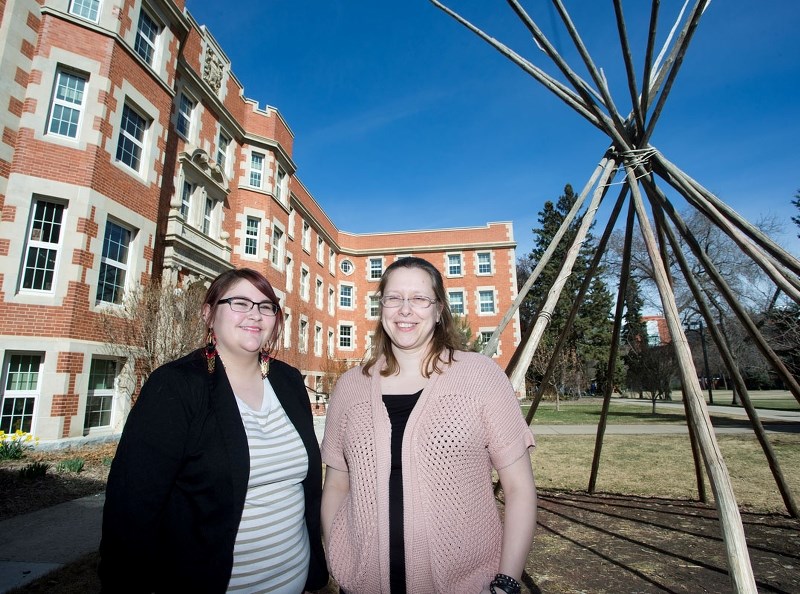Brittany Badrock grew up thinking nobody cared about her mother’s missing cousin because she was a Cree. The young woman, 20, just vanished one day. Police expected she ran away.
They did not bother looking for her, says Badrock. But they did find her remains. Her mother’s cousin was one of many, often aboriginal women, whose bones and bodies were discovered at a Port Coquitlam pig farm in British Columbia. She was murdered by one of Canada’ most notorious serial killers, Robert Pickton.
Badrock, now also in her early 20s, never met her mother’s cousin. But she grew up with her family’s despair over the disappearance.
“People victimized her,” she says. “Nobody cared that she went missing or bothered looking. It was very depressing, some family members turned to alcohol.”
Badrock, a second year student at the University of Alberta and a resident of St. Albert, is now fighting back – against discrimination and the government’s apathy in looking into the cases of 1,200 aboriginal women missing and murdered in Canada.
With four other students at the U of A, she formed a group, the Sister Warriors Against Violence. Using social media, the women want to bring attention to the grim statistics that haunt aboriginal families in Canada.
Aboriginal people are only four per cent of the population yet victim of 25 per cent of statistical violence, she says. An RCMP record also indicated that aboriginal women are over-represented among Canada’s murdered and missing women.
“It’s a Canadian issue. Everybody should receive the same justice,” she says. “By me helping educate I hope that more people will realize they should care.”
Many Canadians don’t care about the danger aboriginal women face in this country because they are disconnected from that segment of the population, says Alannah Mandamin-Shawanda, another Sister Warrior. They accept stereotypes, which often stem from an era of colonialism, she says.
Earlier this year, she led a memorial march for the missing women through the university. There were many positive faces in the crowd, she says. But there were also some who did not like what they saw. A few days later, toilet paper was wrapped around the teepee outside her classroom.
That’s why they need to create awareness around aboriginal issues and fight discrimination, says Mandamin-Shawanda. “Because there are still so many people who just don’t know or who are very ignorant.”
The Sister Warriors want to attach names and faces to the statistics of those who have gone missing. They want the government to investigate the cases of the missing and murdered women. And they hope to create alliances with people across Canada because they need people of all backgrounds to reach their goal.
They want to humanize aboriginal people, they say.
“These are human beings, these are girls who had a purpose in life and it was cut short,” says Mandamin-Shawanda. “These are your lands, your home lands. If you are aware of the issues that are here you should address them.”
To find out more visit their website sisterwarriors.wix.com/against-violence.




